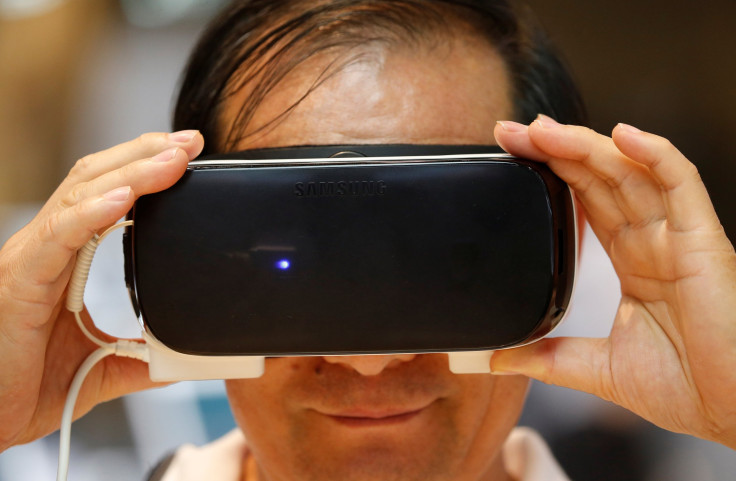Microsoft, Apple Stay Out Of Global VR Association

Google, HTC, Samsung, Oculus, Acer and Sony announced Wednesday the creation of the Global VR Association (GVRA). According to the press release, the association will “develop and share best practices for industry and foster dialogue between public and private stakeholders around the world.”
The group aims to accelerate global development and adoption of virtual reality, and serve as a resource for consumers, policymakers and companies interested in VR.
“The GVRA is a necessary first step toward ensuring great VR experiences for everyone, through collaborating on research and sharing best practices as the field grows and evolves. We look forward to working with our industry colleagues,” Jon Wiley, director of immersive design, Google, said in a statement on the GVRA website.
But, while the association includes some of the major players in the VR industry, two companies are conspicuous by their absence — Microsoft and Apple. It turns out that both of these companies have different plans concerning the future of VR.
Microsoft
Microsoft announced its Windows Holographic platform in January. The company’s current VR headset HoloLens is seen as a competitor to the Oculus Rift and has even been picked up for high-end military applications. The company announced at the WinHEC conference in Shenzhen, China, on Thursday the official system specifications needed to use the upcoming Windows 10 VR headsets (starting at $300).
The specifications include:
- Intel Core i5 CPU with Hyperthreading
- 8GB of RAM
- USB 3.0, HDMI or DisplayPort connections that support at least 2,880 X 1,440 resolutions at 90 Hz
- An Intel HD Graphics 620 chipset or a DirectX 12-compatible graphics card
It is also partnering with Chinese headset manufacturer 3Glasses to offer Windows Holographic on its S1 device, which is slated for a 2017 release. It comes with two independent 2K display panels and offers a faster 120 Hz refresh rate.
Microsoft and Intel are also partnering on “Project Evo” to bring VR to PCs in 2017.
Apple
Apple has so far stayed away from VR. In August this year, Apple CEO Tim Cook said in an interview with ABC News that he thought he would rather bet on augmented reality.
“There's virtual reality and there's augmented reality — both of these are incredibly interesting, but my own view is that augmented reality is the larger of the two, probably by far,” Cook said.
At this point, it appears that the California tech giant has no plans to venture into VR.
© Copyright IBTimes 2024. All rights reserved.





















